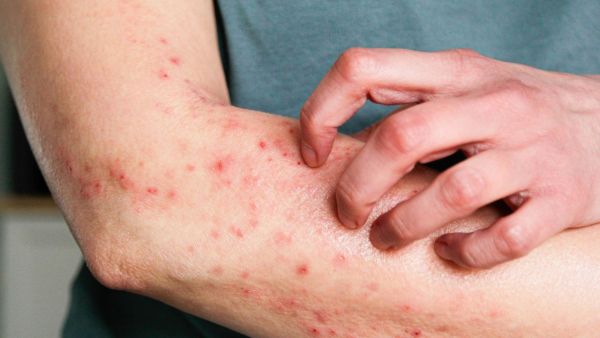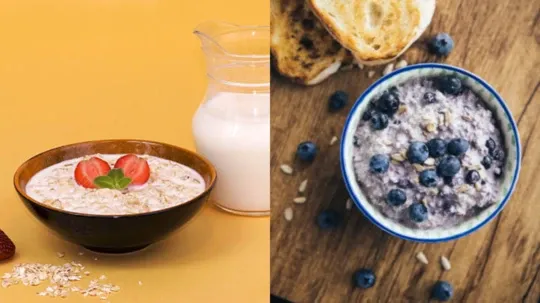
Trying to turn your tired, patchy lawn into a lush green outdoor space is a constant battle for gardeners every year, especially with the ups and downs of the UK's weather lurching from freezing blasts of snow to baking summer droughts.
But one kitchen scrap could help bring your lawn or your garden plants back to life in time for the peak of the hot summer - egg shells.
Instead of using chemical often harsh chemical-based fertilisers, which can in some ways cause more harm than good, can boost their , enrich their plants' soil and boost plant growth using eggshells.
This is because the shell of a chicken's egg is made up of calcium, which is an essential plant nutrient and also moderates acidity in the soil.
You can either apply them to specific plants, or add shells to water and use it to water the lawn.
Grasshopper Lawns says: "Crushing the eggshells before adding them to the soil helps them break down faster, making their nutrients more available to plants. This slow-release calcium supports cell wall development and can help prevent issues like blossom end rot in vegetables. While not a quick fix, regularly using crushed eggshells is a simple way to support long-term plant growth and soil health."
This is backed up by Gardeners World which says: "Egg shells are principally made up of calcium, in the form of calcium carbonate, which is better known to gardeners as lime.
"A typical egg shell contains just over 2g of calcium, which makes up 95 per cent of the shell. Other beneficial nutrients and minerals contained in small quantities are phosphorus, magnesium, potassium, zinc, iron, and manganese. As a plant food, egg shells are therefore perfect for lime-loving plants such as brassicas, but are best avoided as a food for acid-loving plants, such as rhododendrons.
"The simplest way to use egg shells to benefit plants is by composting, adding the shells to garden and kitchen waste in a compost bin.
"To prepare egg shells for using on plants or to put in a traditional compost bin, rinsing in water first before hand-crushing the shells is recommended because the traces of egg white left inside the shell attracts wild animals, such as rats. There's no need to wash the shells if putting in a wormery or a rat-proof compost bin - simply crush the shells by hand before putting them in your kitchen waste caddy."









